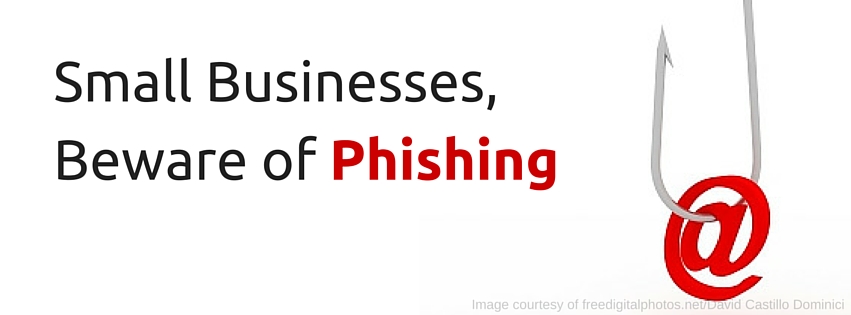Have you been contacted by the American Chamber of Commerce? Or is it the U.S. Chamber of Commerce?
Phishing con artists are taking up new disguises such as the U.S. Chamber of Commerce and other directories such as Yellow Pages. Common directories such as Yelp and Google Maps have made efforts to update your business listing by calling your office. Con artists are taking a similar approach to retrieve basic business information that may seem harmless to disclose but can be just what they need to carry out phishing scams.
Con artists usually target small businesses thinking they are most likely to remit payment to ensure compliance with little to no scrutiny. If you have not heard of or been a victim of the directory, invoicing, or compliance scams, it is important to know what to look for and how to investigate anything that looks “phishy.” These communications may be in regards to updating your business listing, unpaid invoices, paying government fees, or complying with regulations that don’t even exist.
If you are not sure if the communication is authentic, here are a few tips:
- Search online for required business licenses and fees
- Look at the mailing address and content for typos and grammar errors
- Cross-reference the contact info provided with info from the entity’s website
- Visit www.bbb/org/scamtracker/us to track or report scams
- Train staff to be aware of these scams and how to handle them
- Make sure invoices are being inspected before remitting payment
If you are still not sure about your business regulations and licenses, contact your bookkeeper or financial manager.
Image courtesy of freedigitalphotos.net/David Castillo Dominici
